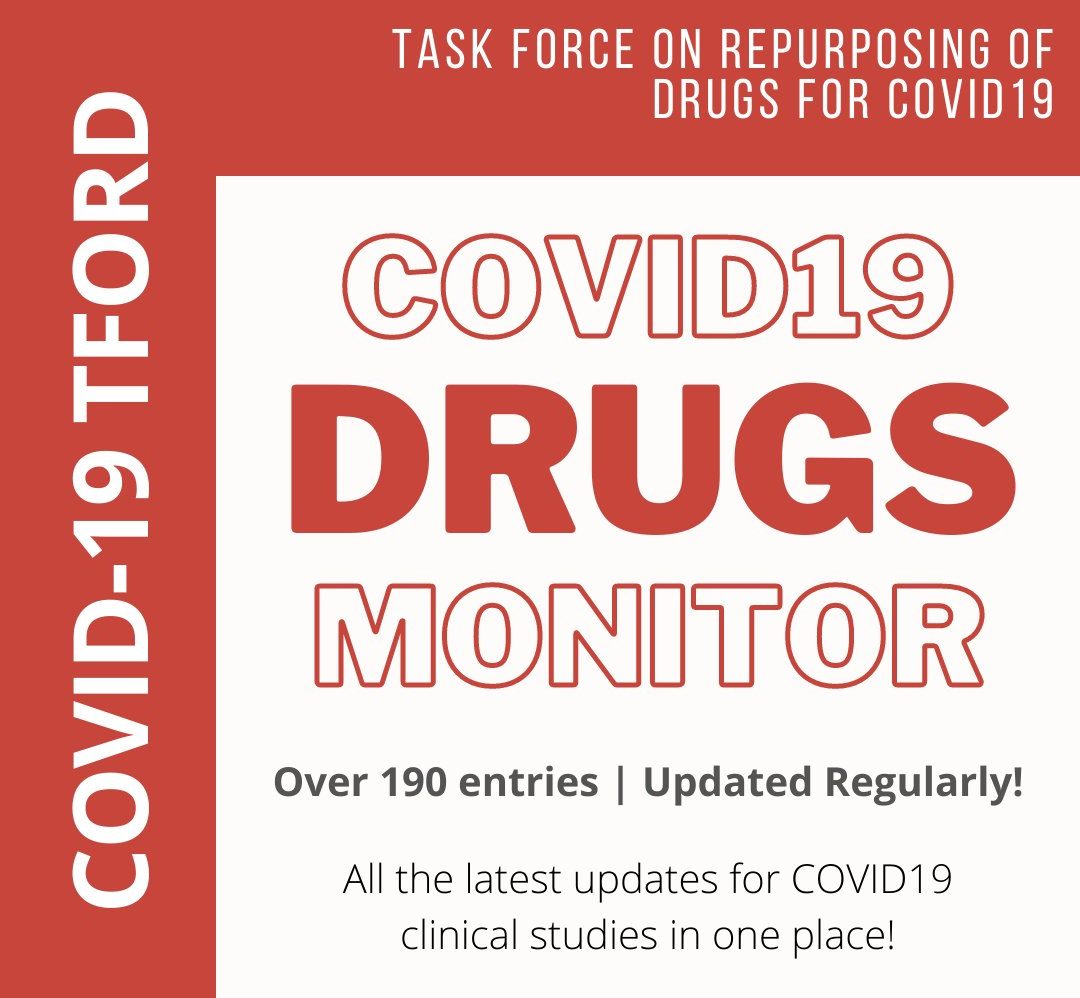(13 Sep 2020) Hydroxychloroquine- Early intervention with HCQ-based therapy is associated with lower adverse clinical outcomes
The Effect of Early Hydroxychloroquine-based Therapy in COVID-19 Patients in Ambulatory Care Settings: A Nationwide Prospective Cohort Study
https://www.medrxiv.org/content/10.1101/2020.09.09.20184143v1
Of the 7,892 symptomatic PCR-confirmed COVID-19 patients who visited the ambulatory fever clinics during the study period, 5,541 had verified clinical outcomes at day 28 (1,817 patients in the HCQ group vs 3,724 in the SC group). All patients were presenting with active complaints; however, the HCQ groups had higher rates of symptoms compared to the SC group (fever: 84% vs 66.3, headache: 49.8 vs 37.4, cough: 44.5 vs 35.6, respectively). Early HCQ-based therapy was associated with a lower hospital admission within 28-days compared to SC alone (9.4% compared to 16.6%, RRR 43%, p-value <0.001). The composite outcome of ICU admission and/or mortality at 28-days was also lower in the HCQ group compared to the SC (1.2% compared to 2.6%, RRR 54%, p-value 0.001). Adjusting for age, gender, and major comorbid conditions, a multivariate logistic regression model showed a decrease in the odds of hospitalisation in patients who received HCQ compared to SC alone (adjusted OR 0.57 [95% CI 0.47-0.69], p-value <0.001). The composite outcome of ICU admission and/or mortality was also lower for the HCQ group compared to the SC group controlling for potential confounders (adjusted OR 0.55 [95% CI 0.34-0.91], p-value 0.019). Early intervention with HCQ-based therapy in patients with mild to moderate symptoms at presentation is associated with lower adverse clinical outcomes among COVID-19 patients, including hospital admissions, ICU admission, and/or death.
